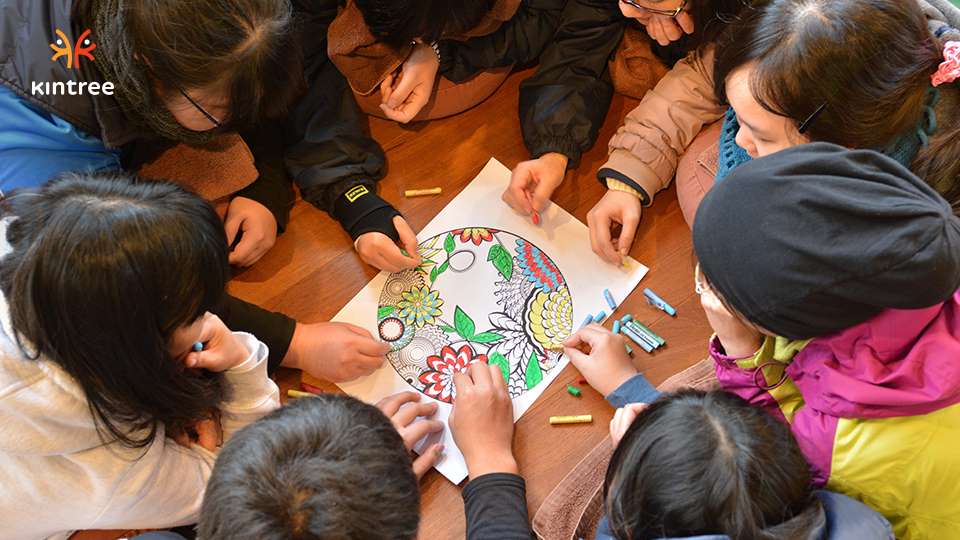How to Support a Loved One With Cancer
Cancer diagnosis not only affects the individual but also their family and friends. Providing support to a loved one with cancer is crucial in helping them navigate through this challenging journey.
Here are some essential tips and strategies to support someone you care about who is facing cancer.
Understanding the Diagnosis
When a loved one receives a cancer diagnosis, it can be overwhelming for both them and their support system. It’s crucial to take the time to understand the diagnosis fully. This includes learning about the type of cancer, its stage, and the recommended treatment options. Encourage your loved one to ask questions during medical appointments and offer to accompany them to consultations to provide support and help them process information.
Take the time to research reputable sources of information about the specific type of cancer and available treatment options. Understanding the disease and its potential challenges can empower you to provide more meaningful support to your loved one throughout their cancer journey.
Providing Emotional Support
A cancer diagnosis often brings a whirlwind of emotions, including fear, anxiety, and uncertainty. As a supportive friend or family member, it’s essential to provide emotional support during this challenging time. Listen actively to your loved one’s concerns, fears, and feelings without judgment. Offer a compassionate ear and validate their emotions, letting them know that it’s okay to feel scared or overwhelmed.
Also, it helps to be present for your loved one and offer practical assistance as needed. This can include helping with daily tasks, accompanying them to medical appointments, or simply spending quality time together. Small gestures of kindness and support can make a significant difference in helping your loved one cope with the emotional toll of cancer treatment.
Assisting With Practical Needs
Cancer treatment can be physically demanding, often requiring lifestyle adjustments and additional support. As a caregiver or supportive loved one, help with practical needs such as transportation to and from medical appointments, meal preparation, household chores, and childcare.
Help your loved one organize their medical information, including keeping track of appointments, medications, and treatment schedules. Offer to accompany them to appointments to take notes, ask questions, and ensure that they understand the information provided by healthcare providers. Assist with financial and logistical considerations related to cancer care and treatment. This may include navigating health insurance coverage, coordinating medical billing and paperwork, and exploring available resources for financial assistance or support services.
Encouraging Self-Care
When dealing with the challenges of cancer treatment, it’s essential for your loved one to prioritize self-care and well-being. Encourage them to maintain healthy habits such as regular exercise, adequate sleep, and nutritious eating habits to support their overall health and immune function during treatment.
Be sure to support your loved one in finding activities that bring them joy and relaxation, whether it’s spending time outdoors, practicing prayer, mindfulness, and meditation, or engaging in creative hobbies. Encourage them to prioritize activities that promote mental and emotional well-being and provide a much-needed break from the stress of cancer treatment.
Fostering Hope and Positivity
While supporting a loved one with cancer can be emotionally challenging, it’s essential to foster a sense of hope and positivity throughout their cancer journey. Celebrate milestones and achievements, no matter how small, and remind your loved one of their strength and resilience in facing cancer head-on.
Maintain open and honest communication with your loved one about their prognosis and treatment goals while offering unwavering support and encouragement. Help them focus on the present moment and find moments of joy and gratitude amidst the challenges of cancer treatment.
Use your voice to advocate for your loved one’s needs and preferences within the healthcare system, ensuring that they receive personalized and compassionate care that aligns with their values and goals. By standing by your loved one’s side and offering steadfast support, you can make a meaningful difference in their cancer journey and help them navigate this difficult time with courage and resilience.
Conclusion
You can play a major role in your loved one’s battle with cancer. Supporting a loved one with cancer requires compassion, empathy, and patience. By offering practical assistance, emotional support, and fostering hope, you can make a meaningful difference in their cancer journey and help them navigate through this difficult time with courage and resilience.






